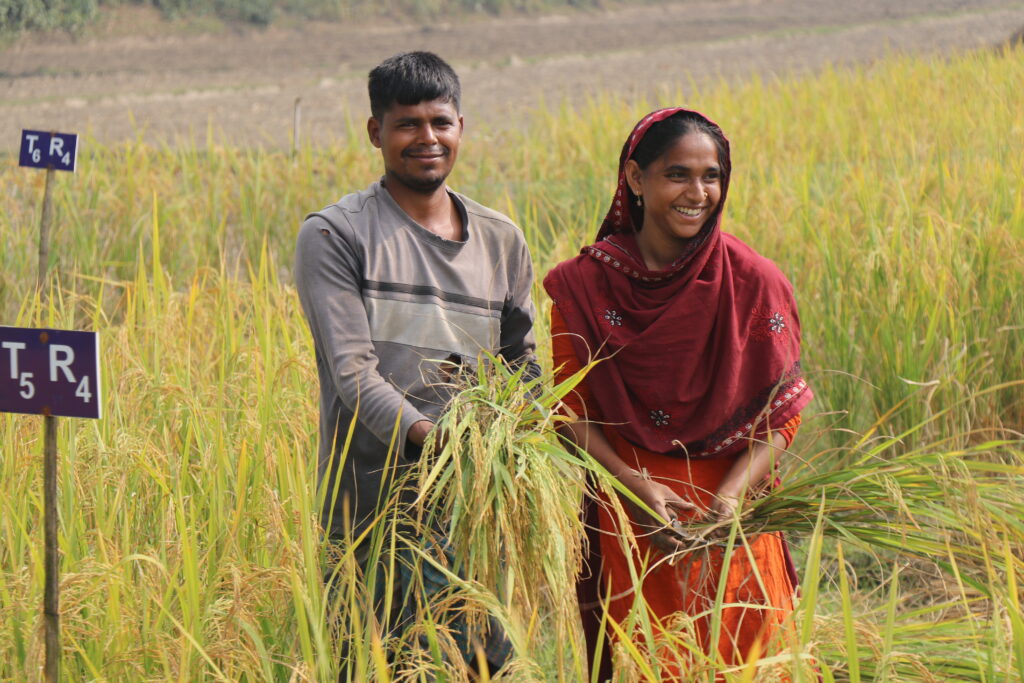The program showcased real-life experiences, illustrating how cooperative farming enhances access to resources, boosts productivity, ensures fair prices, and promotes innovation through shared knowledge. It highlighted the impact of cooperative farming on marginalized farmers, particularly women, and its contribution to economic growth at both local and national levels. Interviews with cooperative members such as Amanullah, Sulaiman, and Bilkis Begum demonstrated how collaboration among farmers leads to increased yields, better marketing opportunities, and improved livelihoods. Additionally, insights from agricultural officer Rokonuzzaman underscored the government’s efforts to support cooperative farming through training and community initiatives. Overall, the program emphasized the transformative potential of cooperative farming in revolutionizing agricultural practices, fostering inclusivity, and promoting sustainable economic development. Audio Player

Related Contents
Interview with Lourdes Perona López, recipient of the Mark of Recognition of Young Farmers in Europe and Central Asia (FR)
Interview with Lourdes Perona López, recipient of the Mark of Recognition of Young Farmers in Europe and Central Asia (EN)
Turismo o Pagsasaka? (Tourism or Agriculture?)
The episode chronicles the five-decade struggle of indigenous farmers in a group of islands in…
